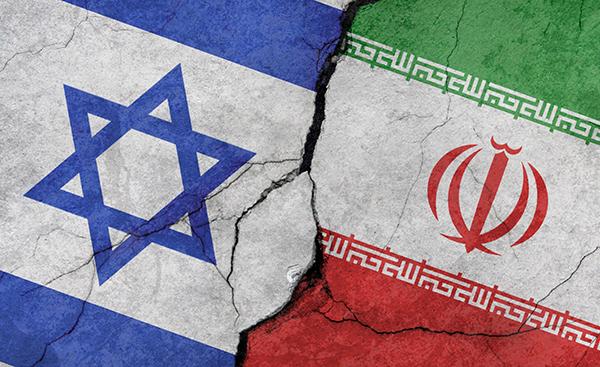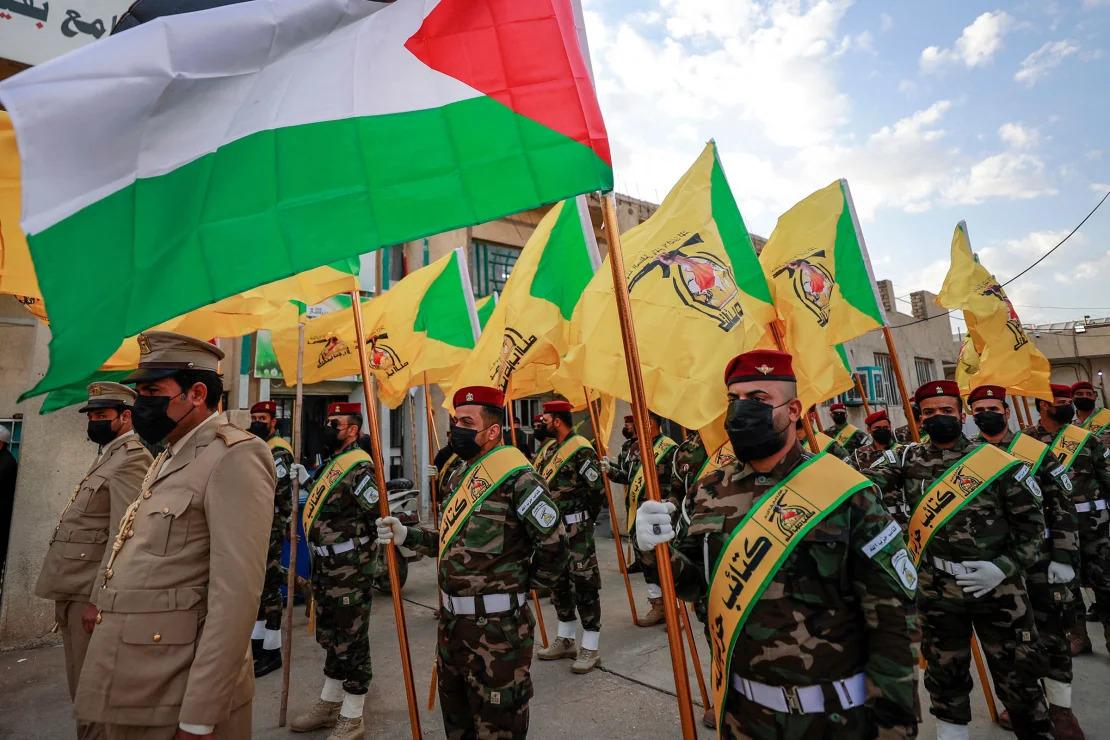What does the Iranian Embassy attack in Damascus mean for regional security? Revenge that will not come
On April 1, Israel carried out air attacks on the Iranian embassy in Damascus within the counter-terrorist operation against Hamas and its affiliations. Since the outbreak of the Gaza War, Israel accused Hamas and Iran of their direct role in attacks against Israel and continuous missile attacks from territories of neighbouring states.
The attack on the embassy resulted in the death of several high-ranking Iranian officials and, therefore, may be the most dangerous escalation outside of Gaza since the start of the Hamas-Israel war nearly six months ago. In keeping with its policy of not acknowledging its actions in the Middle East's "shadow war," Israel has not declared responsibility for the attack.
After killing Mohammed Reza Zahedi, a top commander in Iran’s elite Revolutionary Guards (IRGC), and several other officials, including another senior commander Mohammad Hadi Haji Rahimi. Israeli officials have not commented on the incident.
In legal and operational terms, the bombing raises major questions about the state of international norms protecting diplomatic personnel and premises. Iran has described the targeted building, located next to its embassy in the Syrian capital, as a consulate that also housed the ambassador’s residence.
The United Kingdom-based war monitor, the Syrian Observatory for Human Rights, said as many as 11 people had been killed, including eight Iranians, two Syrians, and one Lebanese, all of them fighters. Since 2013, Israel has carried out hundreds of airstrikes against Iran and its network of proxies in Syria. But it has rarely claimed responsibility for individual attacks or assassinations.
Tehran now faces a strategic question of how harshly to respond. The conflict has rippled across the Middle East since the onset of the Gaza war, but until now, Iran has carefully avoided direct conflict with Israel while backing allies attacking Israeli and U.S. targets.

Israel justified the attack by claiming that the embassy building allegedly was the meeting point of the IRGC with Hamas and other Palestinian proxy groups. Since the war unfolded in Gaza with Hamas, Israel announced that all IRGC-affiliated targets would be considered legitimate and, therefore, would be destroyed immediately.
Denouncing the attack as a "violation of all international obligations and conventions," Iranian Foreign Minister Hossein Amir-Abdollahian called on "the international community" to give "a serious response" to these "criminal actions," which he attributed to Israel.
On the same day, the Iranian government vowed to take revenge, stating that such an attack would not go unanswered. Israel has long targeted Iran's military installations in Syria and those of its proxies, but the recent attack was the first time it had targeted the embassy compound itself.
Although Israel conducted a series of accurate attacks on Iranian proxies in Syria and Lebanon in the last six months, Iran did not react directly to the attacks of Israel. Until now, Iran has avoided directly entering the fray while supporting allies' attacks on Israeli and U.S. targets. Indeed, Israel's attack on the embassy and IRGC top command changed the rules of the game in the Middle East.

Now, Israel crossed the so-called "red lines of Iran," which means that no Iranian proxy group would feel safe. Since November 2023, Israel’s large-scale military operation against Hamas in the Gaza Strip has completely destroyed the organization's military infrastructure.
Therefore, in the coming months, Hamas's ability to counter Israel's advancement will be minimal. In this vein, Iran gradually boosts support to Hamas and other Palestinian jihadi organizations to prolong the war and make it a war of attrition.
However, these dynamics do not mean Iran and the United States are interested in a region-wide confrontation. To the contrary, the two sides have, in past months, set aside differences over Iran’s bloody crackdown on protests and arms sales to Russia to be used in Ukraine.
Notably, Iran does not want to escalate and enter the point of no return against the US-Israel tandem due to its limited resources and risks of being the epicentre of the conflict. Therefore, Tehran may maintain a lower profile in the Gaza war in the coming months to refute "allegations regarding its notorious role in inflaming the war."








